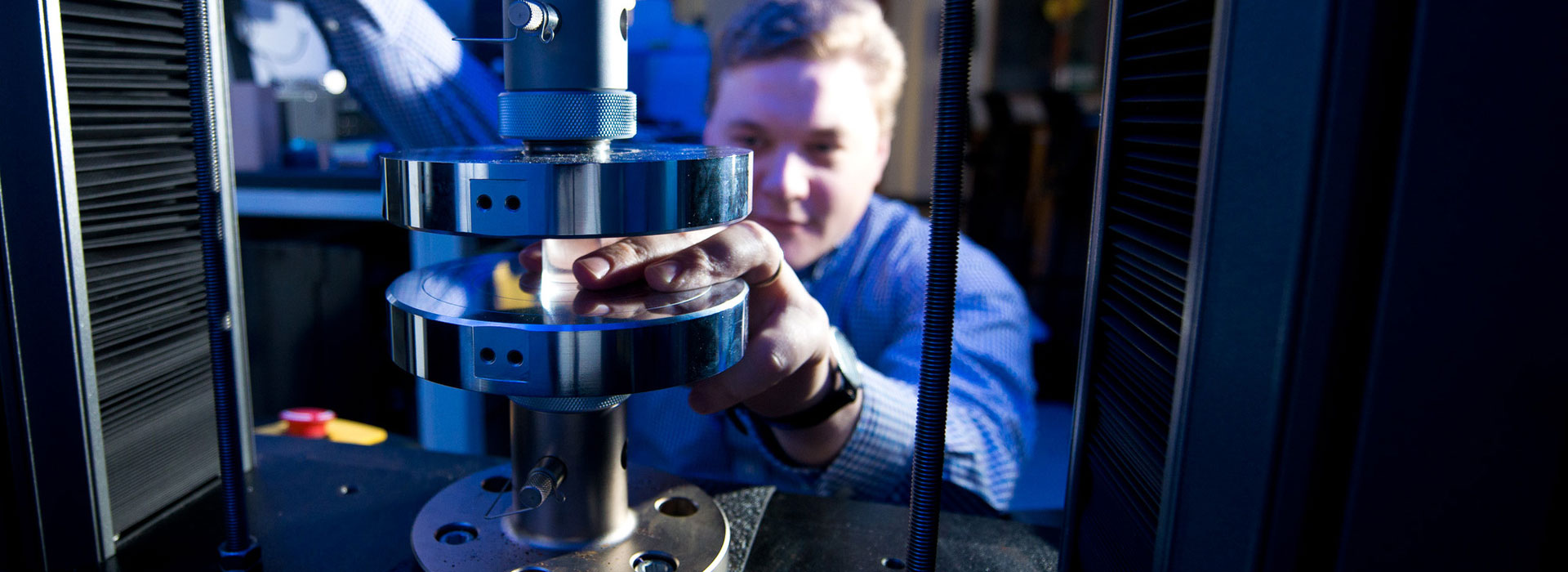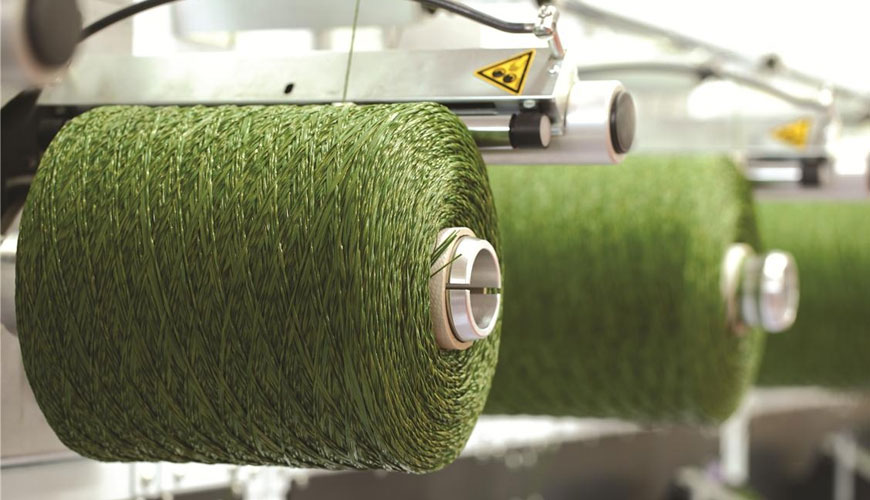

EUROLAB laboratory provides testing and compliance services within the scope of ASTM D276 standard. ASTM D276 standard specifies acetate, acrylic, anidex, aramid, asbestos, cotton, cuprammonium rayon, linen, fluorocarbon, glass, hemp, jute, lycocell, modacrylic, novoloid, nylon, nitrile, olefin, It covers the identification of polycarbonate, polyester, ramie, viscose, saran, silk, spandex, triacetate, wine, vinyon and wool textile fibers.

These test methods are a generally reliable way of identifying generic fiber types found in a sample of textile material of unknown composition. The methods are generally not useful for distinguishing fibers of the same generic class from different manufacturers, or for distinguishing different fiber types in the same generic class from one manufacturer.
Many fibers are chemically modified in various ways by their manufacturers to change their properties. It is possible for such modifications to severely affect the assays used in these test methods. Considerable experience and diligence of the analyst may be required to satisfactorily resolve these difficulties.
Dyes, lubricants and brighteners are not normally available in large enough quantities to impede analysis.
These test methods are not recommended for acceptance testing of commercial shipments due to the qualitative nature of the results and the limitations noted earlier.
Refer to the specified test method for statements about the precision and bias of standard quantitative test methods for determining physical properties to verify fiber identification. The precision and bias of the defined non-standard quantitative testing methods are greatly influenced by the skill of the operator. The limited use of test methods for qualitative identification cannot justify the effort that would be required to determine the precision and bias of the techniques.
Most manufacturers offer several types of fibers belonging to a certain general class. Differences in strength, linear density, bulkiness, or the presence of inert delustrants do not normally affect analytical testing, but chemical modifications (for purposes such as increased dyeability with certain dyestuffs) can affect infrared spectra and some of the physical properties, especially some. melting point. Many general fiber grades are sold in a variety of cross-section shapes designed for specific purposes. These differences will show up on microscopic examination of the fiber and can interfere with refractive indices and birefringence measurements.
Microscopic examination is indispensable for positive identification of various cellulosic and animal fiber types, as infrared spectra and resolutions will not distinguish between species. Procedures for microscopic identification are published in AATCC Method 20 and References (4-12).
Infrared spectroscopy and analyzes with solubility relationships are the preferred methods for the identification of manmade fibers. The resolution-based analysis scheme is very reliable. The infrared technique is a useful addition to the resolution test method. Other methods, particularly microscopic examination, are generally not suitable for positive identification of most man-made fibers and are primarily useful to supplement resolution and infrared spectrum identifications.
This standard does not purport to address all, if any, safety concerns associated with its use. It is the responsibility of the user of this standard to establish appropriate safety and health practices and to determine the applicability of regulatory restrictions prior to use.
Our organization, EUROLAB, provides standard test methods services for the determination of fibers in textiles, within the framework of national and international standards, with its trained and expert staff and advanced technological equipment, among numerous test, measurement, analysis and evaluation studies. Contact EUROLAB to get testing service under ASTM D276 standard.
To get an appointment, to get more detailed information or to request an evaluation, you can ask us to fill in our form and reach you.